Reset Phase, Month 1
The month has come to a close, so it’s time to reflect on the tasks assigned for this phase, as well as all the knowledge and lessons acquired throughout.
Learning how to learn
Although I had already taken this course last year, it honestly is a treat to review it again, and my only lament here is the fact that I only found it on my last semester of university. Barbara Oakley and Terrence Sejnowski have an incredible talent for communicating their ideas in an easy and engaging factor, and while the analogies and graphics may seem a bit cheesy, it really is near impossible to not get their charm. The course itself touches upon various topics related to studying, memory and the acquisition of new knowledge. While a lot of us (especially the ones who got high grades at school) are pretty confident in our abilities to learn, the deeper you get into the course, the more you open up to the ideas presented and, most importantly, as you start giving the techniques and actions presented a try, you start to notice a definite impact in the way you learn and process information, at the speed and efficiency that comes from following the MOOC’s guidance.
I remember feeling personally attacked at the illusion of competence section of the course, since I personally suffered through that in some of my harder Uni courses (nothing like understanding the class problems, getting confident, only to get stomped by the actual exam). And as I said, even though I’m sad that I didn’t find these ideas earlier in my education, the fact is that over the last year I’ve used some of these concepts (the Pomodoro technique has been with me ever since I completed the course) I’ve found that I’ve actually became a more accomplish learner, and most importantly given the situation we’ve been for the last year and a half, I’ve become a better self-learner, that is, I actually started learning new topics on my own, something that before the pandemic and before taking this course I was very hesitant and scared to actually do. I love this course, and the mentors really leave that lasting impression that good teachers leave behind.
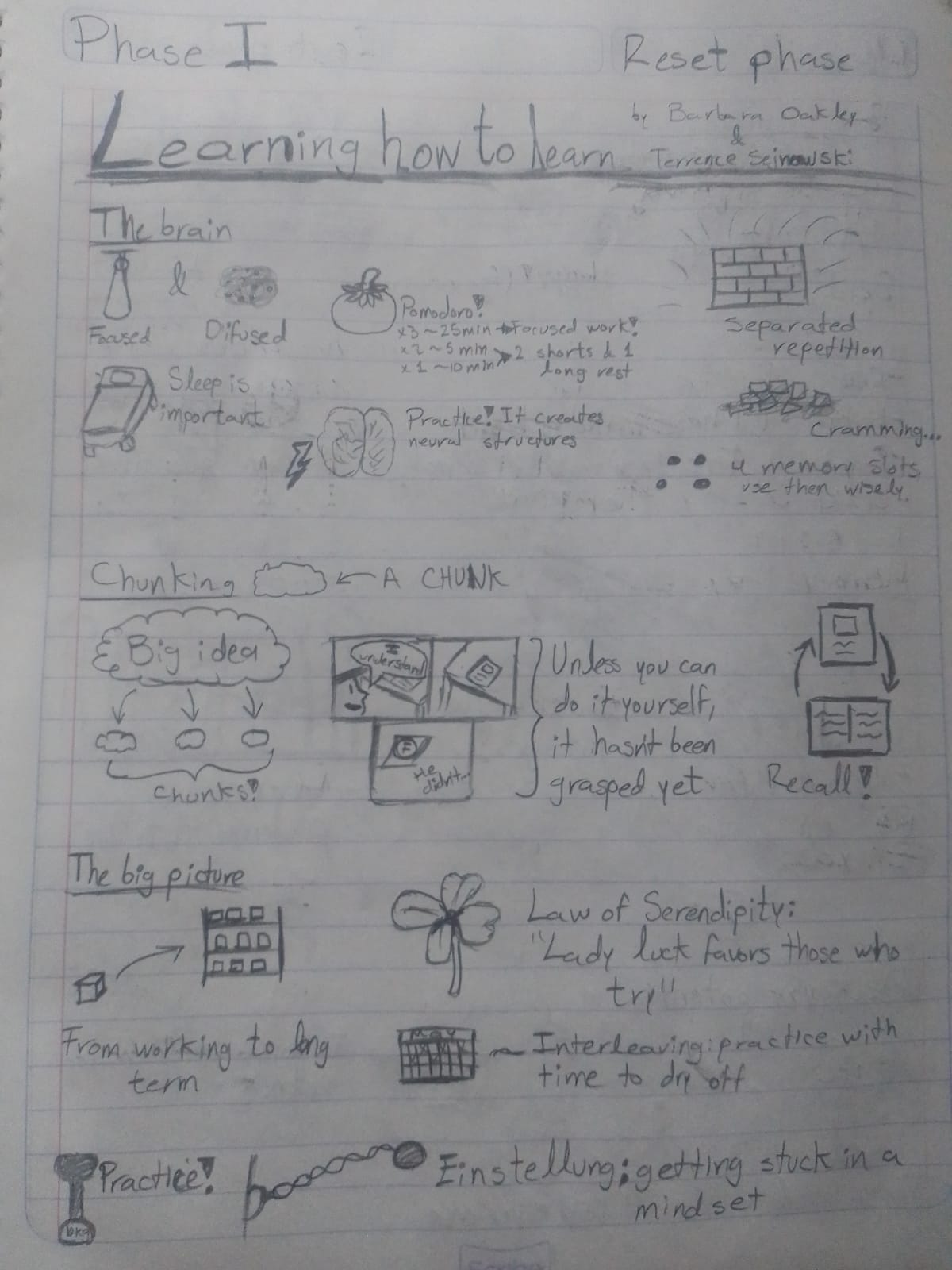
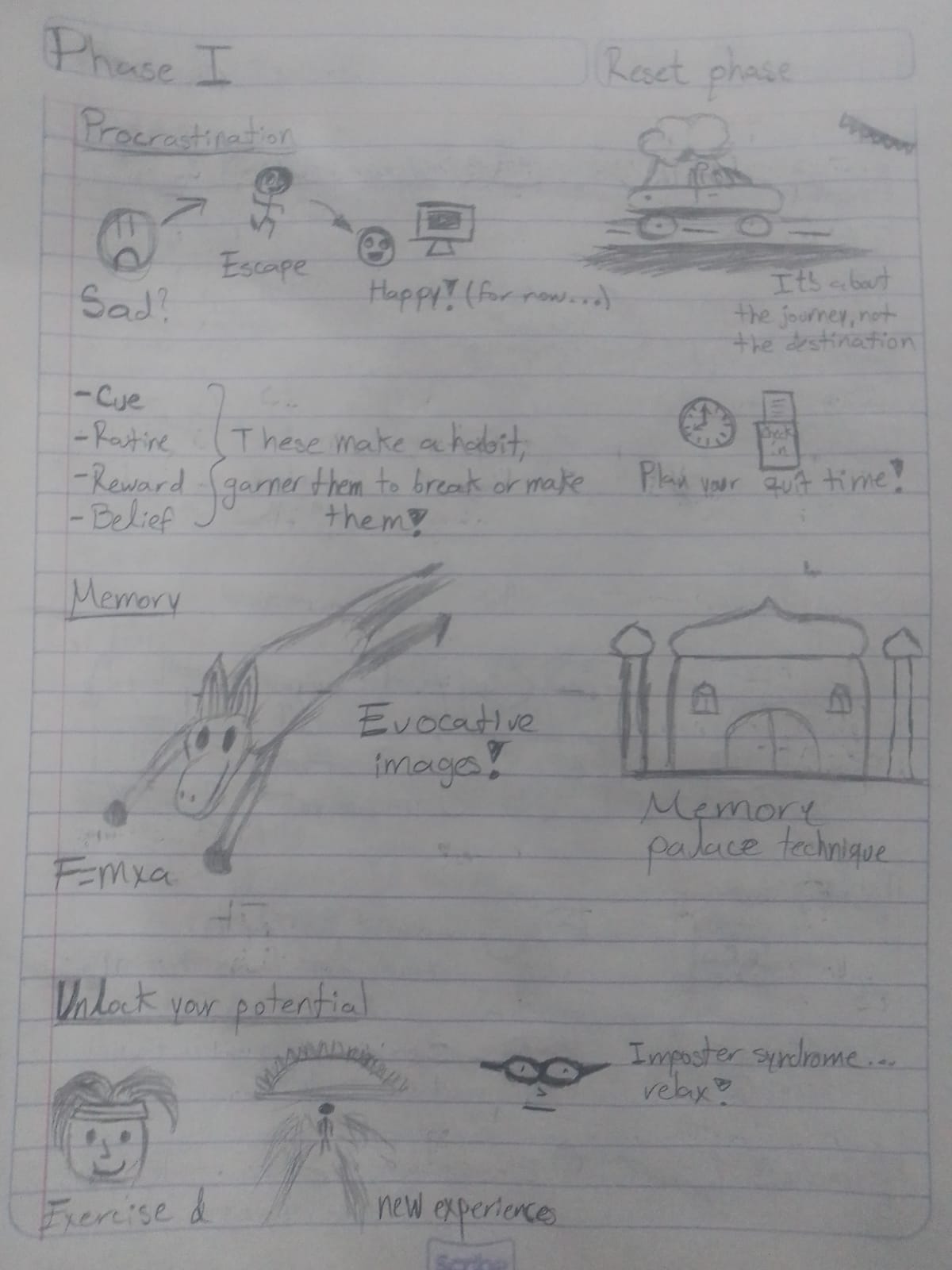
Code: The hidden language of computer hardware and software
This book can be incredibly technical, slow, and cumbersome at parts; but even then, I actually really enjoyed it, although I may be a little biased, as it was more or less a nostalgia trip of my Uni digital electronics courses. The main strength of this book is the ability to dispel the notion that computers are these magical machines that no one understands and are capable of anything. They are not, but since they seem to be such complex machines, nowadays it is incredibly hard to actually grasp what is going on under all that plastic (or aluminum) casings. This book makes absolutely no assumptions on the level of expertise of the reader, that’s why it begins with the most basic concepts of signals and electricity. For someone with an engineering background this might be a slow section, but its importance comes from the fact that one must really grasp each of the concepts presented before advancing to the next chapter, and this book is not leaving anyone behind.
Once you get through the more basic chapters, the real adventure begins. The author takes us on a trip through the advent of modern computing, both of the actual equipment and technologies (hardware) that made it possible to construct these machines, as well as the logical and academic insights (software) that makes it possible to construct such machines. The book can get a bit technical and complicated at parts, but the beauty of its narrative is that, little by little, we are getting all the ideas, concepts and equipment to come to the modern computing environments.
Ironically enough, the book actually has some year of age by now (a little bit over 20 to be exact) so the last chapters seem very outdated, even when they are trying to present the cutting edge of technology for the time. It struck me as funny, but the more I thought about it, the more I realized that, 20 years isn’t that long ago. Neither is 40 years, which is when the first microprocessors started to take hold. It’s incredibly exciting (and even scary) to see how fast computer technology is advancing, and it really makes me wonder how outdated the things I’m learning right now might seems to someone 20 years in the future. Food for thought.1
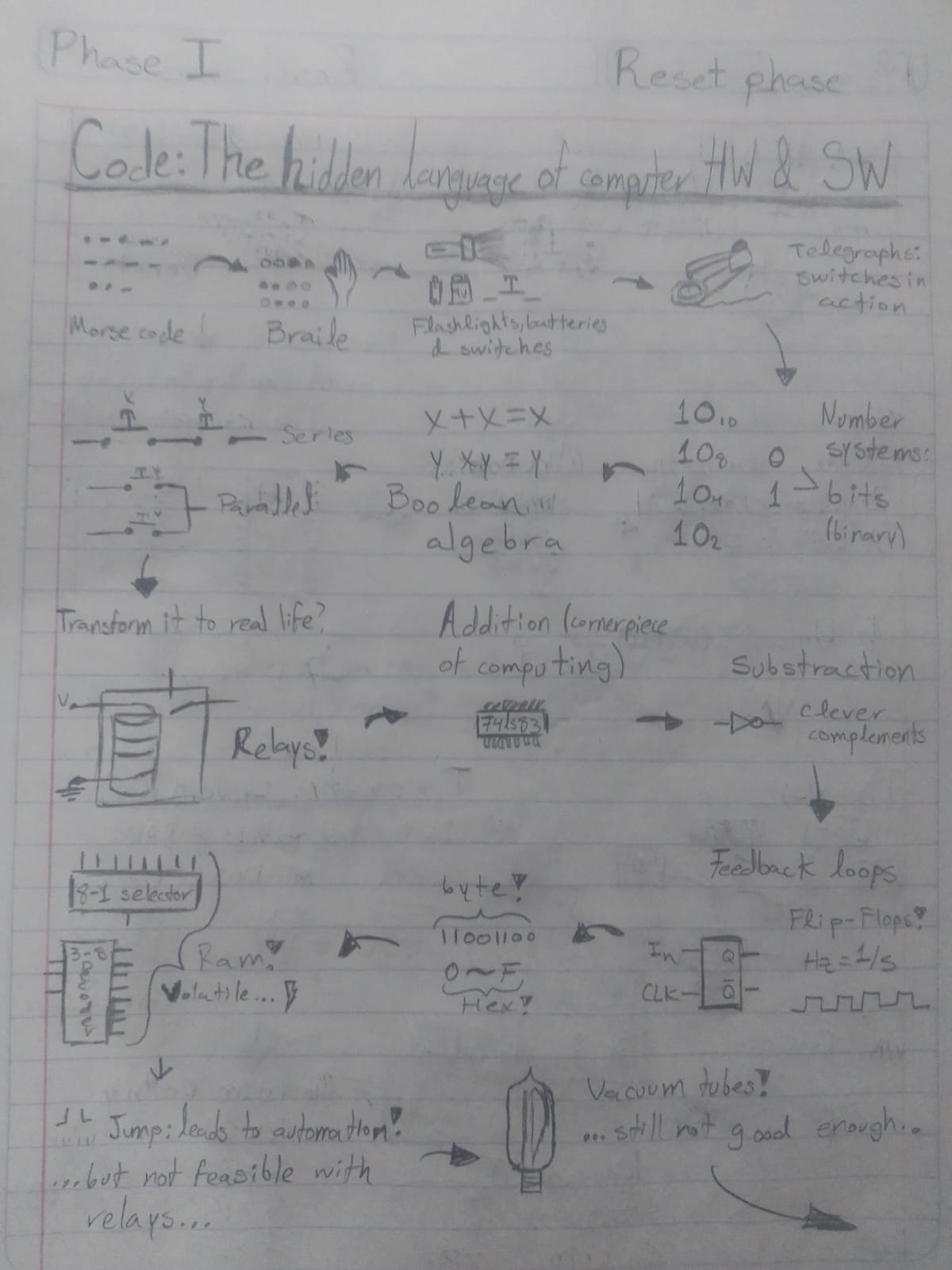
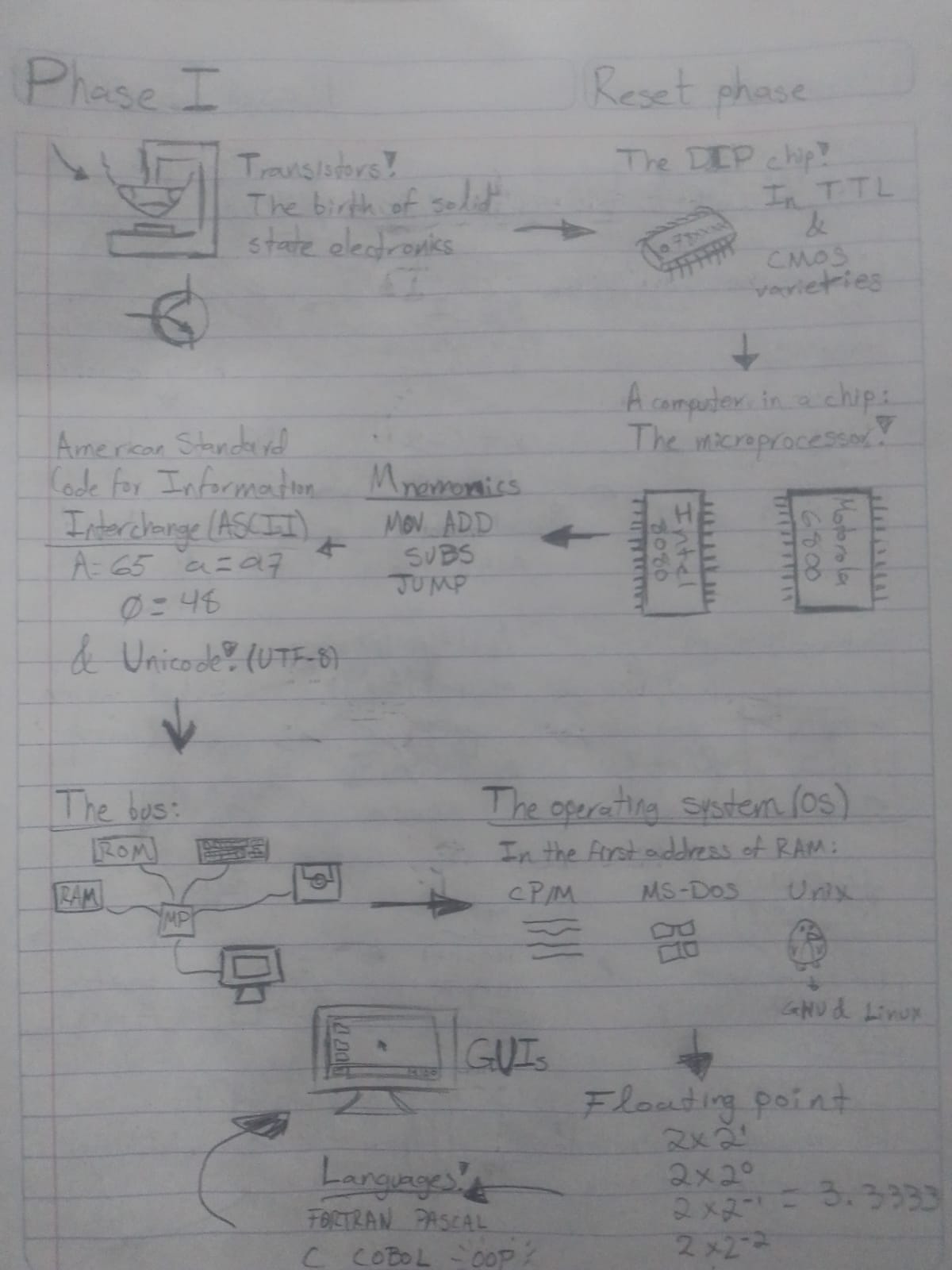
The passionate programmer
This book is more on the business side, on the “how to keep your job” side of the equation. While programming and technology jobs might seem very attractive from the outside, the reality is that they are just another business, and as such, one must know how to handle themselves in their business, not only in order to just get by, but in order to thrive. The book provides several tips on various areas intended to advice people on this field on how to get the most out of their time, how to be a better teammate, a better employee, a more valuable asset, a more fulfilled human being. Alongside the tips and their explanations, the books provide several plans of action, on which several ideas are presented in order to actually implement the tips presented in the book.
I believe this was a good book to read before actually diving into the actual work environment of a programmer, as it helps us be aware of the many downfalls that we might fall into, as well as start developing healthy habits while we develop a career that suits us best. My only woe is that due to time and not enough direction at the moment I wasn’t able to implement a lot of the plans proposed throughout the book, but hopefully I will get a chance to explore these ideas and actions as I delve deeper and deeper into this fascinating career.
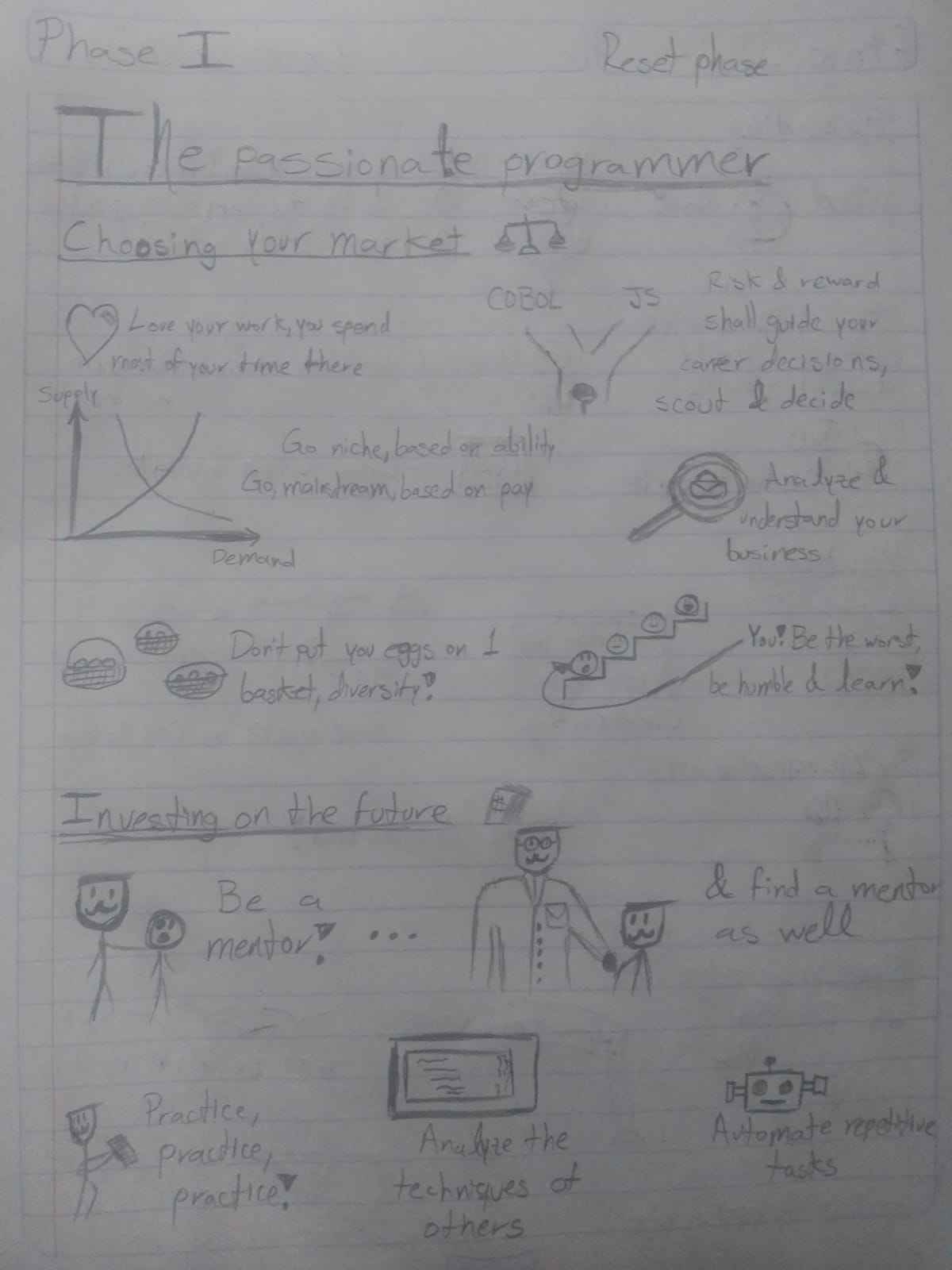
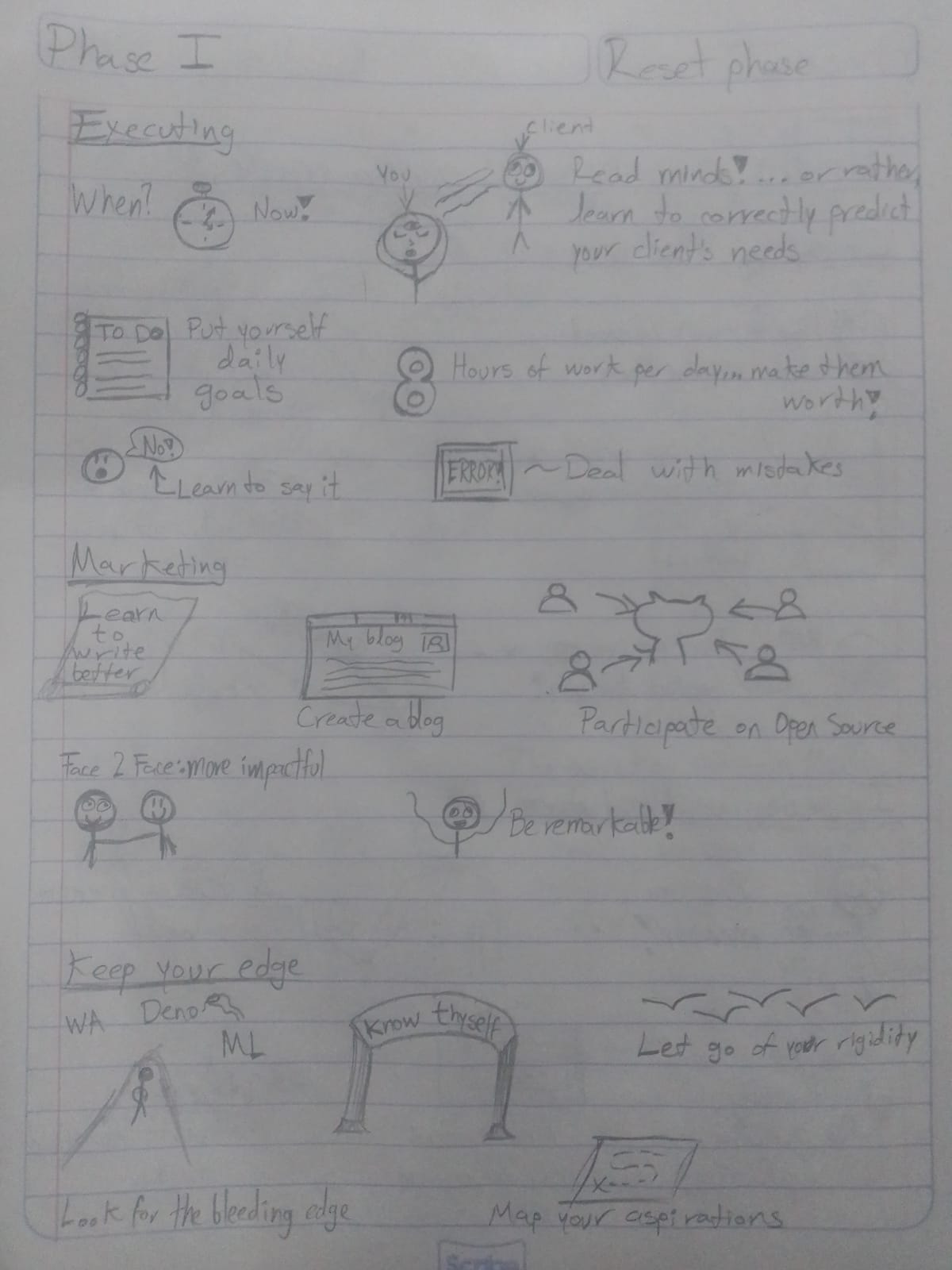
Conclusions
This month has been incredibly fruitful for me, as it has presented me with challenges and information that I don’t believe I would’ve stumbled across just on my own. It’s also been a humbling experience, as there were a lot of things that I thought I had already a grasp on that were incredibly difficult to accomplish. Through admitting these faults and trying my best to mend my way, through collaboration with my fellow apprentices and through determination, this month was filled with grateful surprises and knowledge galore. For the coming months I’d like to get more disciplined, as I started to struggle to finish things with enough time, running constantly against the clock to get the homework just before the deadline; this won’t fly on the next phases, and I intend to correct it. It’s time to close this phase, appreciate all the experience it has brought and continue onto the next challenge!